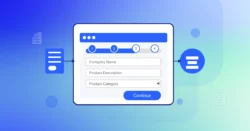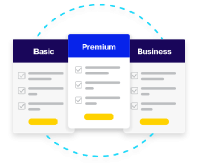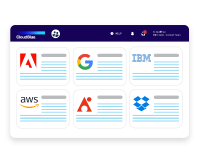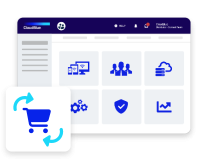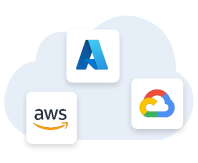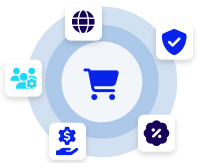Customer Relationship Management (CRM) refers to a set of technologies, strategies, and processes that SaaS companies use to manage and nurture their interactions with current and potential customers. The primary goal of CRM in the SaaS context is to improve customer satisfaction, retention, and ultimately drive business growth.
In the SaaS industry, CRM software plays a central role in managing and organizing customer data, interactions, and communications. The CRM system acts as a centralized database, storing valuable information about customers, such as their contact details, preferences, purchase history, support tickets, and feedback. This comprehensive view of customers allows SaaS companies to understand their needs, preferences, and pain points better, facilitating more personalized and targeted interactions.
SaaS CRM systems enable customer segmentation, which allows companies to group customers based on specific attributes or behaviors. This segmentation aids in tailoring marketing efforts, customer support, and product recommendations to suit the preferences and requirements of different customer groups.
The CRM platform is not limited to the marketing and sales teams but is often accessible to other departments like customer support and product development. By sharing customer insights and data across the organization, SaaS companies can foster a customer-centric culture, leading to better-informed decision-making and improved customer experiences.
CRM systems in the SaaS industry are also equipped with features to automate various processes. Automated workflows streamline lead management, sales processes, onboarding, and customer support, reducing manual effort and improving efficiency. These automation capabilities contribute to a more seamless and consistent customer experience.
Customer support is a critical aspect of CRM in the SaaS industry. The CRM platform allows customer support teams to track and manage support tickets efficiently, providing timely responses to customer inquiries and ensuring that issues are resolved promptly. SaaS companies can use CRM data to identify trends in support requests, address recurring problems, and continuously improve their products and services.
CRM systems often integrate with other tools and applications used by SaaS companies, such as marketing automation platforms, email marketing software, and analytics tools. These integrations facilitate the flow of data and information between different systems, creating a unified view of the customer journey.




